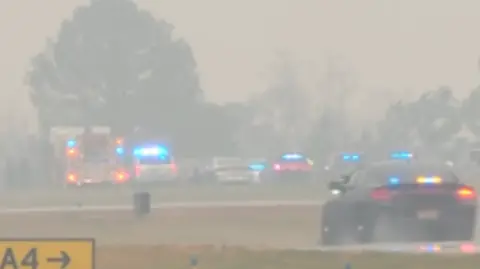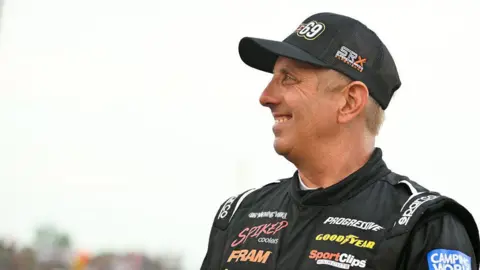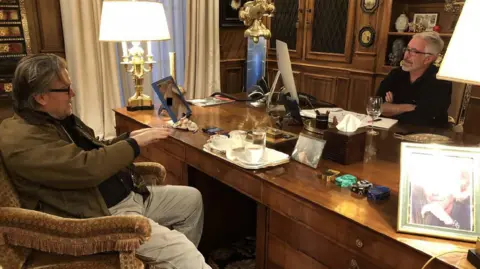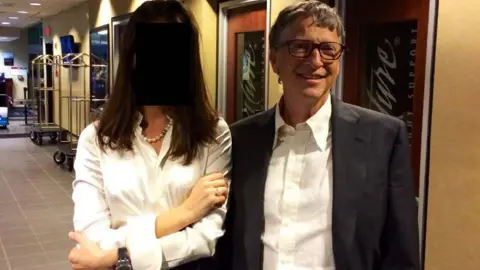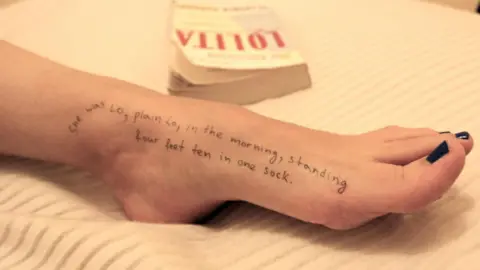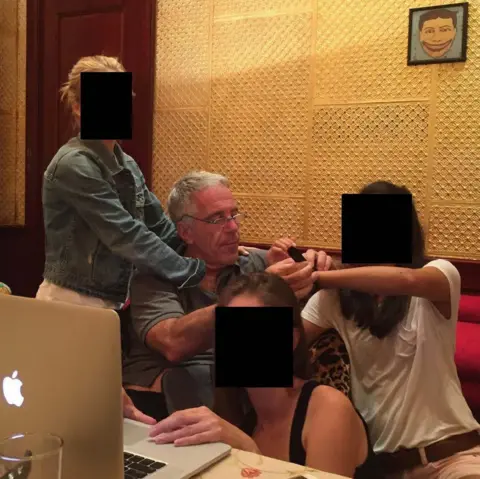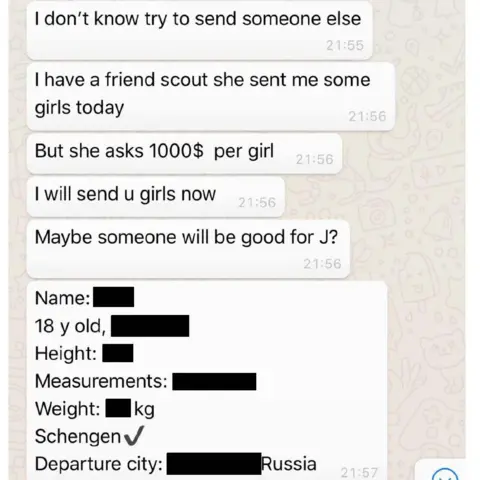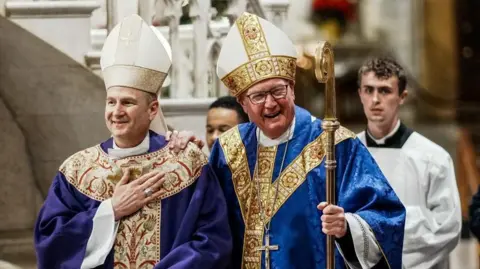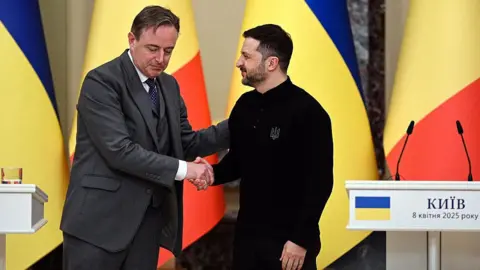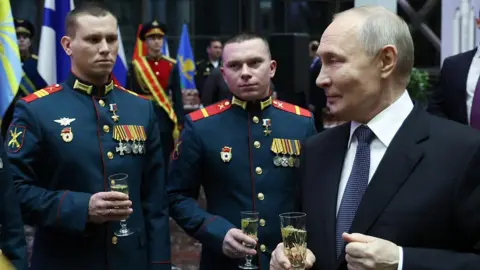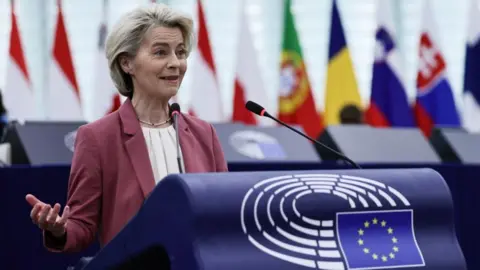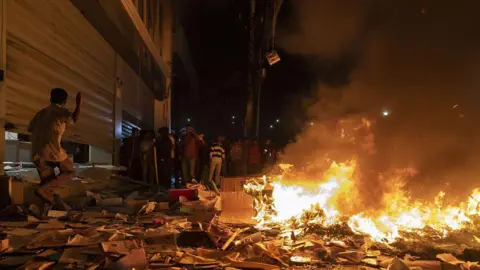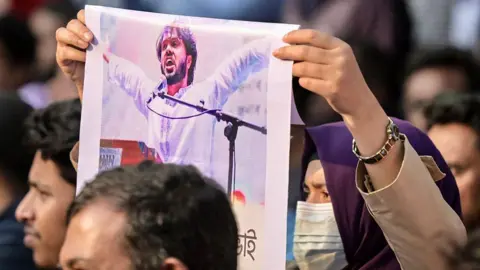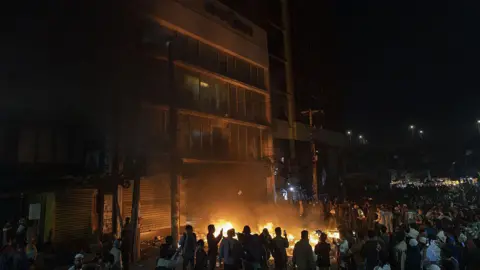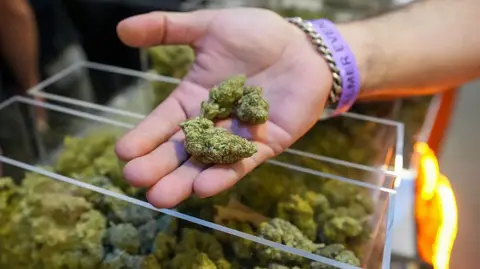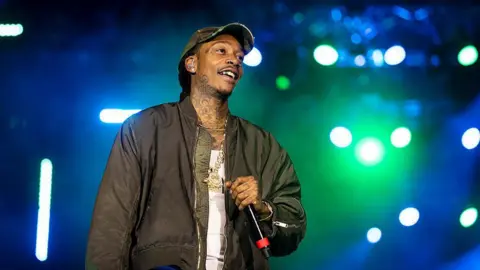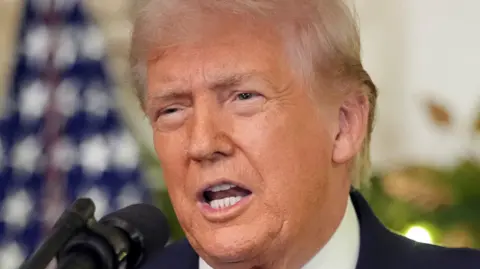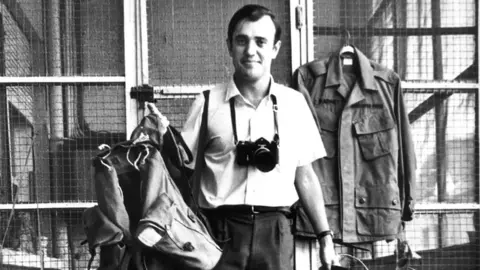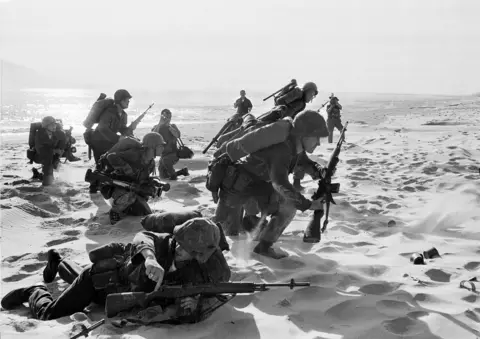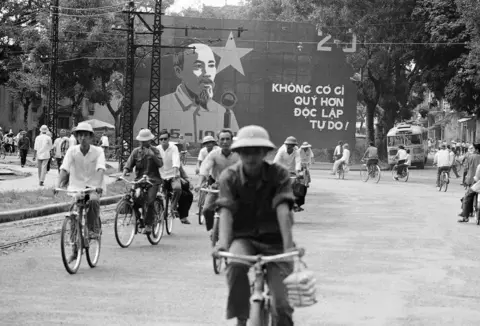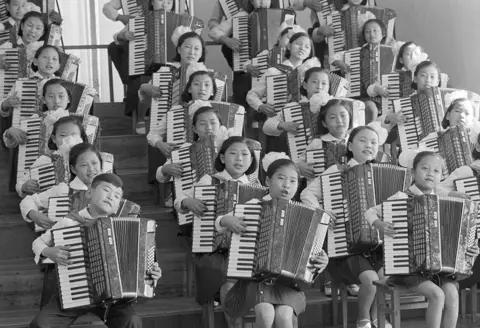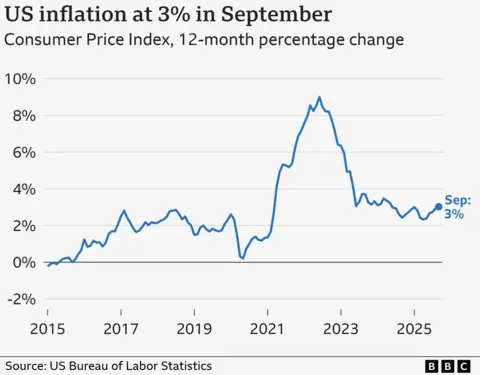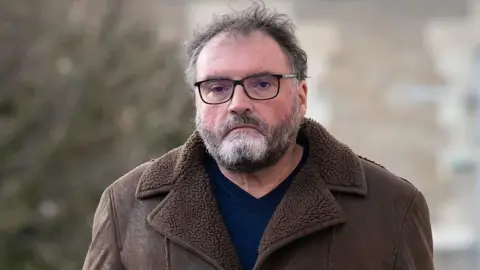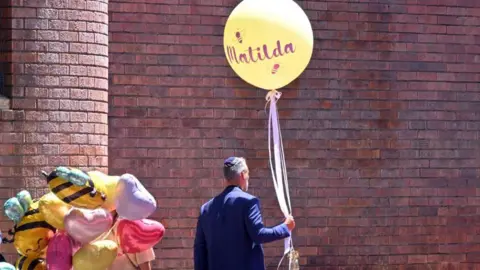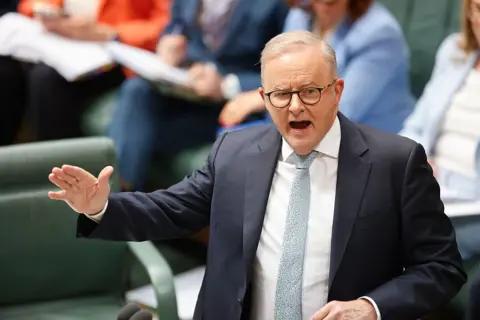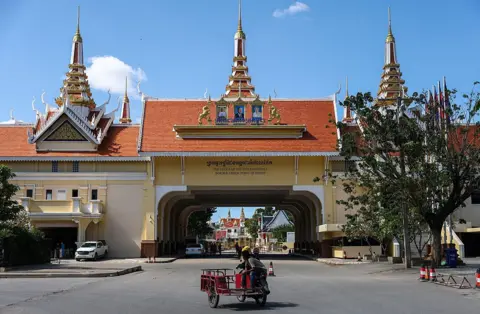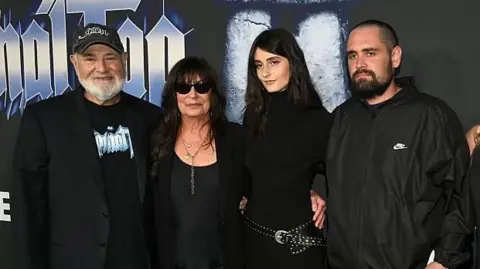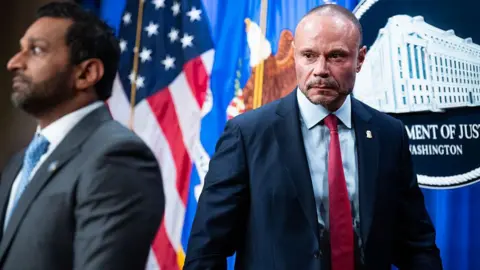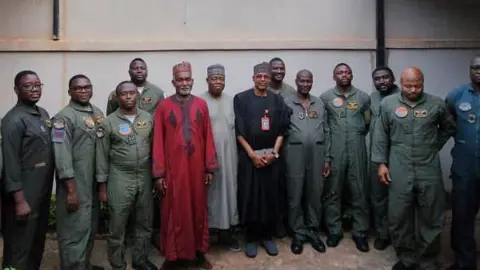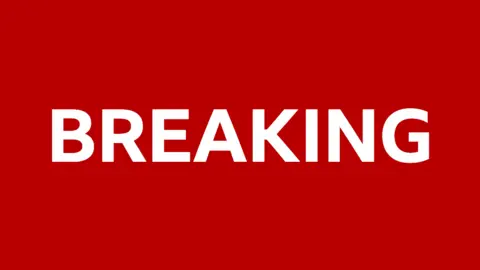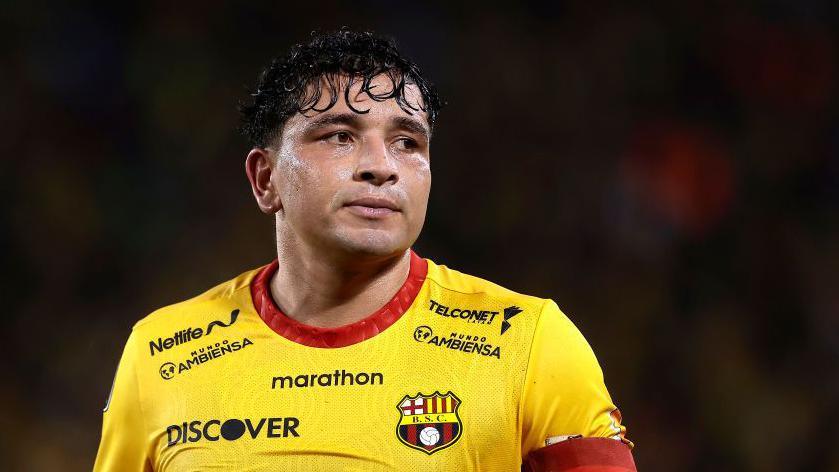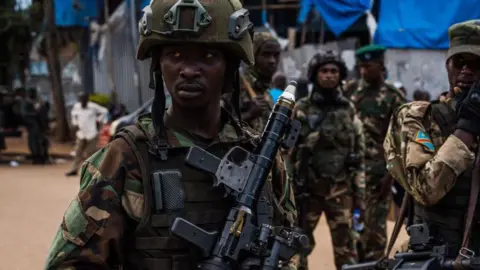Police issue arrest warrant for suspect in Brown University attack, sources say

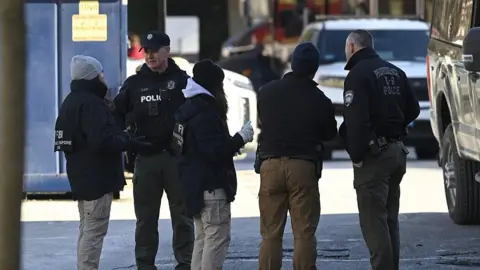 Getty Images
Getty ImagesPolice have issued an arrest warrant for the suspect in a mass shooting at Brown University that killed two people and injured nine others, sources close to the investigation told the BBC's US partner, CBS News.
Authorities are now searching for the person and a car the suspect is believed to have rented, according to CBS. They have not publicly identified the suspect.
They also are looking into a possible link between the shooting at Brown and the killing of a professor at Massachusetts Institute of Technology two days later.
The search is now in its sixth day, with investigators knocking on doors, asking for home-security videos, and appealing to the public for tips to find the gunman.
A news conference that police in Providence, Rhode Island, had planned for Thursday afternoon was abruptly cancelled, but they said they expected to give an update later in the day.
On Thursday, authorities told CBS sources that they are investigating possible connections between the shooting and the killing of an Massachusetts Institute of Technology (MIT) nuclear science and engineering professor two days later.
Nuno F Gomes Loureiro, 47, from Portugal, was shot "multiple times" on Monday at his home in Brookline, Massachusetts, which is about 50 miles (80km) from Providence.
Police have obtained an arrest warrant for a suspect, sources told CBS. The sources said a rental car matching the same description was seen at both crime scenes.
Federal authorities had previously said there was no link between the two murders.
On Wednesday, authorities released a photo of an individual they believe was in close proximity to their primary person of interest.
Providence Police Chief Oscar Perez said they wanted to speak with the person, "who may have information relevant to the investigation".
The chief also said the killer "could be anywhere", adding that "we don't know where the person is or who he is".
A day earlier, police had shown footage of a person of interest where a man was seen walking around the university campus with a black mask over his mouth, possibly "casing" the area before the crime, Perez said.
Members of the public have expressed frustration that the mass shooting investigation has appeared to yield little progress so far.
In response, Rhode Island Attorney General Peter Neronha said he believed the killer would be caught "and it is just a matter of time before we catch him".
The FBI has offered a $50,000 (£37,350) reward for information leading to the identification, arrest and conviction of the person responsible for the attack.
The shooting occurred at Brown University's Barus & Holley engineering building during final exams.
Authorities identified the two students killed as Ella Cook, a sophomore from Alabama, and Mukhammad Aziz Umurzokov, an Uzbek-American freshman student.
